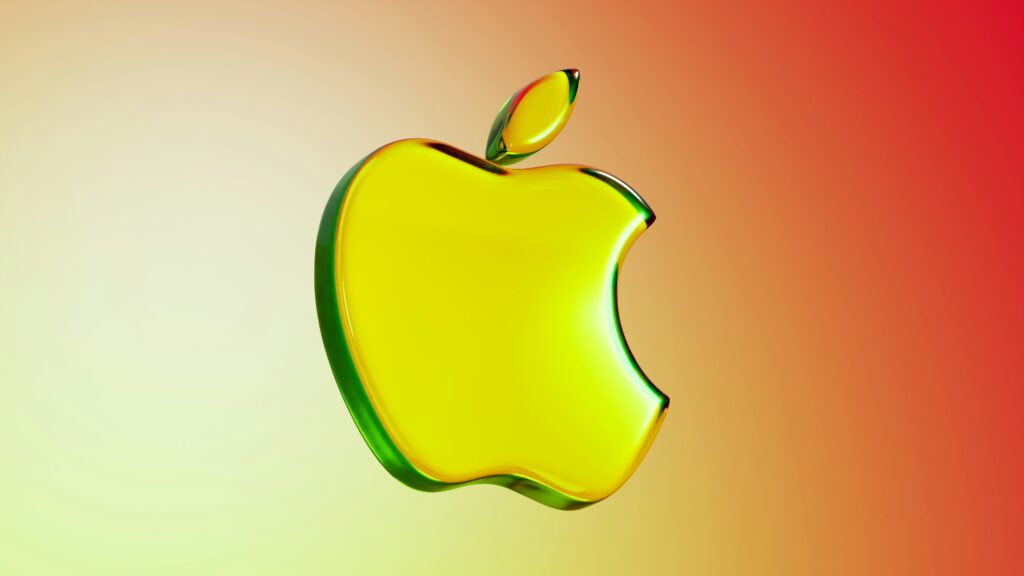Strong iPhone sales pushed Apple’s revenue higher in the three months ending in September, closing the fiscal year with record profits. Apple surpassed most forecasts despite facing global trade tensions and lagging behind its rivals in artificial intelligence.
The company credited strong early demand for its new iPhone 17 models, launched last month, for the performance. “Apple proudly reports a September quarter revenue record of $102.5 billion, including record iPhone and Services revenue,” said CEO Tim Cook.
Apple earned $27.5 billion (€23.8bn), nearly doubling profits from a year earlier. Investors reacted positively, sending Apple’s shares up 2% in after-hours trading.
Apple refreshed its iPhone 17 design with a “liquid glass” display but skipped the advanced AI tools featured in Samsung and Google devices. The company held its prices steady despite $1.1 billion (€950m) in tariffs on US-bound devices made in India and China, a cost expected to rise to $1.4 billion (€1.2bn) in the final quarter.
Consumers in the US and Europe responded strongly, lifting iPhone revenue to $49 billion (€42.4bn), a 6% yearly increase. Analysts had predicted 8% growth, following a 13% rise in the previous quarter.
Ben Barringer of Quilter Cheviot said, “Mac sales climbed 12%, iPhone sales rose about 6%, but iPad and wearables remained flat.” He noted that “a 4% drop in China sales hurt results due to supply issues and weak forecasts.” IDC estimated global iPhone sales at 58.6 million units, placing Apple behind Samsung’s 61.4 million Android phones.
Apple ended the fiscal year with a record net income of $112 billion (€96.8bn), up 20% from last year.
Holiday Quarter Expected to Lift Sales
Tim Cook told analysts that iPhone 17 demand would stay strong through the holiday season. Apple’s chief financial officer, Kevan Parekh, projected at least 10% year-over-year growth in iPhone sales and total revenue during the final quarter.
“Apple’s Q1 outlook of 10–12% revenue growth looks solid heading into Christmas, supported by strong iPhone 17 demand,” said Barringer.
Investor Optimism Meets AI Concerns
Apple’s shares have surged since IDC’s early report hinted at record iPhone sales, pushing the company’s market value above $4 trillion for the first time. The rally positioned Apple for another record high in Friday’s trading.
However, Apple still trails in the AI race. Nvidia, which powers much of the AI boom, recently became the first $5 trillion company. Apple has failed to deliver most of its promised AI upgrades, including an enhanced Siri, which it postponed until next year.
Barringer cautioned that “uncertainty in China and faster growth from Microsoft and Nvidia may draw investors away from Apple.”
Despite its late entry into new technologies, Apple has a record of rebounding to lead markets. Wedbush analyst Dan Ives predicted that if Apple successfully integrates AI features into future iPhones, it could add $1–1.5 trillion (€860bn–€1.3tr) in market value, increasing its share price by $75 to $100.



